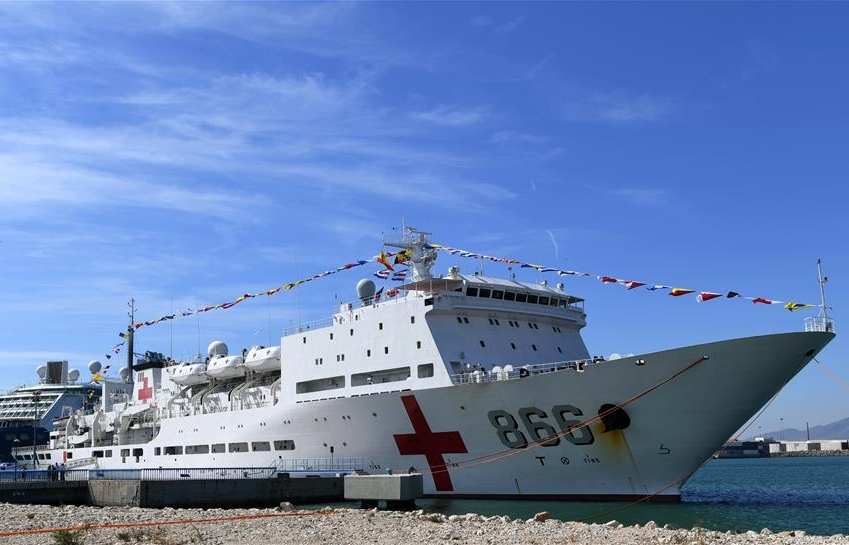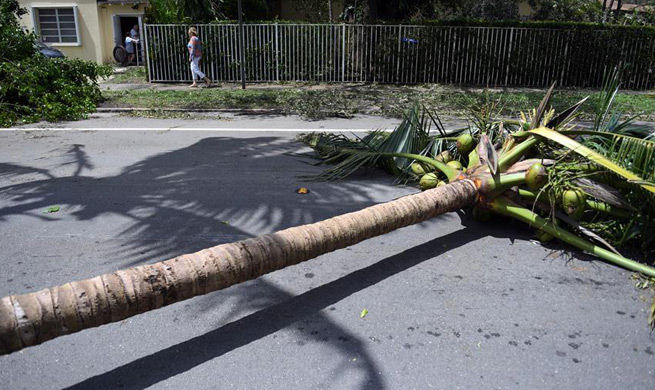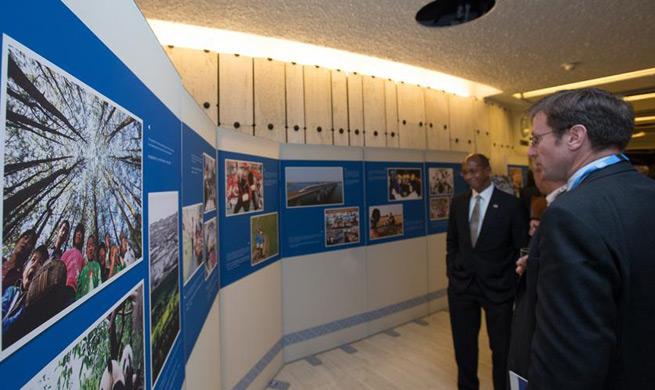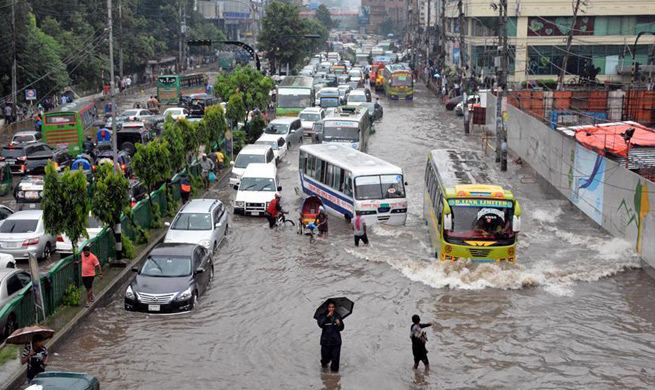NEW YORK, Sept. 11 (Xinhua) -- Amidst the rapid change and uncertainty of the 21st century, the Asia-Pacific countries should strengthen multilateral cooperation to prevent upheaval or crisis in Asia, according to a report by Asia Society Policy Institute (ASPI) on Monday.
"The core strategic question for the first half of the 21st century is whether the Asia-Pacific region will be able to maintain another generation of remarkable economic growth and sustain peace in the face of unprecedented geopolitical change," said Kevin Rudd, President of ASPI, who is also known as former Prime Minister of Australia.
According to the report named "Preserving the Long Peace in Asia: The Institutional Building Blocks of Long-Term Regional Security" , the Asia-Pacific region is now facing an important inflection point.
On one hand, increasing GDP levels, widespread poverty reduction, and growing trade integration have created optimism for the region' s future and given states every incentive to avoid conflict. On the other hand, the Asia-Pacific region' s security environment has become increasingly complex.
"The Asia-Pacific security environment is grappling with several significant challenges that necessitate the development of a stronger, more effective regional architecture," said the report.
These challenges include: rapid political and economic transformations, growing strategic competition between major players in the region,fragility caused by "trust deficit" among regional states, and widespread militarization and acquisition of new technologies.
To address the challenges listed above, the report outlines five functions regional institutions must be able to play.
First, regional institutions should play a binding role, drawing regional states toward greater convergence around common security interests.
Second, the architecture should mitigate against historical mistrust and offset the patterns of history by providing opportunities for strategic dialogue as well as practical cooperation.
Third, an effective regional architecture should, over time, facilitate better management of crises and disputes.
Fourth, a regional architecture should also rationalize and align the efforts of individual institutions and mechanisms.
Finally, an effective regional architecture should provide flexibility in setting an appropriate, forward-looking agenda in order to withstand the future pressures arising from shifting regional dynamics and evolving security policy priorities.
Over time such regional institutions can begin to change the way in which states think about, see, and respond to one another, so that we can use effective regional institutions to take the regional temperature down, rather than just simply allowing it to spiral, Rudd said.
Approaching the question of how Asia-Pacific nations could best pursue efforts to build a stronger security architecture, the report argues that strengthening the East Asia Summit (EAS) would be one of the most important and practical steps countries could take.
In the near-term, the report suggests member states could retain the relatively informal nature of the EAS but also focus on some basic reforms that would better institutionalize the forum and enhance its ability to set a strategic agenda and be more responsive to emerging events in the wider region.
In the long-term, efforts could be made to reform the EAS into a more formal organization that brings together broader components of security cooperation across the region. This would involve a process of drafting and agreeing upon rules of operation for the institution, as well as a period of time to formalize any such expanded institution. ( "The effort to strengthen Asia' s regional security architecture, while arduous, is necessary, and the time to start is now," the report emphasized.

















